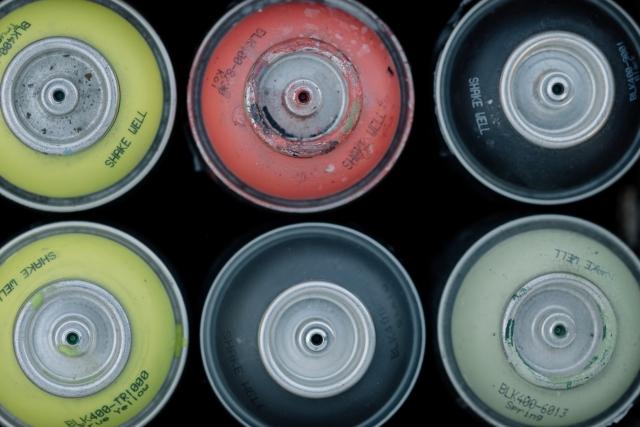Four States Adopt Aerosols as Universal Waste Final Rule
In February 2020, the Environmental Protection Agency (EPA) established the Aerosols as Universal Waste Rule, allowing generators to manage aerosol products with the less complicated universal waste requirements. As a result, retailers are able to significantly reduce how much hazardous waste they are generating.
The following outlines the state-by-state implementation of the Aerosols as Universal Waste Rule, focusing on changes over the past month.
Similar State Law Already In Effect:
- Ohio: Rulemaking is being drafted. Ohio already has a similar law; changes will be required.
Rule is Effective
- Colorado: The rulemaking is complete and went into effect on January 14, 2022.
- Minnesota: The rule is being drafted and added to the previously proposed rulemaking: Land-Related Housekeeping Amendments. The proposed rule is to be published in April 2022 along with public hearings, comment periods and meeting notices.
- Oregon: The rulemaking is complete and went into effect on January 1, 2022.
- Utah: Rulemaking is complete and went into effect on December 13, 2021.
Anticipated Rulemaking by July 1, 2022
- Mississippi: Rule is in the public comment period (adopting by reference.) The proposed rule was published on January 6, 2022. Comments are due on February 10, 2022, and the public hearing will be held on February 10, 2022, as well.
- Montana: Rulemaking is in the public comment period (adopting by reference.) The formal rule was published on January 14, 2022. The public meeting will be held on February 5, 2022, and comments will be due on February 14, 2022. Final rule is to go into effect in May 2022. The updated website can be found here.
- Texas: The rule is in the post public comment period. The TCEQ Commission Meeting was held on January 12, 2022. Anticipated publication is January 28, 2022 with the final rule going into effect on February 3, 2022.
- Vermont: Rulemaking is complete and pending publication. The Legislative Committee on Administrative Rules met and approved the rule on January 6, 2022. The final rule is to go into effect on February 1, 2022.
- Washington, D.C.: Rulemaking is in the public comment period (adopting by reference.) The proposed rule was published on December 24, 2021, and comments are due February 7, 2022. The final rule is to go into effect in late February/early March 2022. The updated website can be found here.
- Wyoming: The rule is in the public comment period. The proposed rules were reissued on December 15, 2021. Public comments are due on February 3, 2022, and the public hearing will take place on February 15, 2022. The final rule is to go into effect in spring 2022. The updated website can be found here.
Anticipated Rulemaking after July 1, 2022
- Maryland: Proposed rule is to be published in spring 2022 along with public hearings, comment periods and meeting notices. The final rule is to go into effect in summer/fall 2022.
- New York: The rule, FedReg6, is currently being drafted. Public comments will be accepted in the first half of 2022 until further notice.
Clean Earth has extensive technical capabilities to handle the processing of many types of consumer commodities. We have a custom-built, cutting-edge aerosol recycling plant capable of recycling over 7 million cans per year.
Learn more about our unique ability to process and fully recycle aerosol waste products.

The information, content and materials provided in this Four States Adopt Aerosols as Universal Waste Final Rule and in related materials (“Content”) does not, and is not intended to, constitute legal advice, nor is it prepared by lawyer or law firm or as the product of any attorney-client relationship. Content is provided "as is;" no representations are made that the content is error-free. Content is available for general informational purposes only and may not constitute the most current legal or other information. Recipients of the Content assume all responsibility and risk arising from its use and reliance upon the Contact and should contact an attorney to obtain advice before acting or refraining to act on the Content. All liability with respect to actions taken or not taken based on the Contents is hereby expressly disclaimed.

